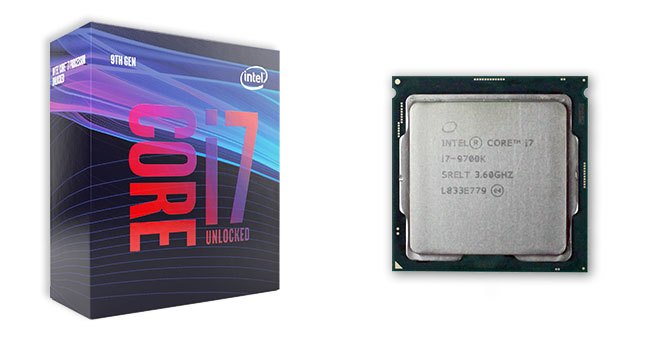Hyperthreading is the ability of a single core to split it's bandwidth into 2 possible parallel threads. So if running a game purely, with no outside other requirements, that has a use for 7 threads, the game would use 5 cores wholey and 1 core hyperthreaded. If, however, the bandwidth used by a single thread is much larger than 50%ish, you'd end up with that particular core being single thread, not hyperthreaded.
In general, a core is stronger than a hyperthreaded core because there's no need for a scheduler to divide the core, which reduces lag. A hyperthreaded core only has an advantage when the bandwidth used by either/both threads is less than 50%ish, becoming in affect 2 individual cores.
Because games are not pure, there's windows, background tasks etc, that 7 thread game will be using almost all hyperthreaded cores, or even single core status if the bandwidth is large enough, so many instructions will be waiting for core availability. With the 9700k, you'll get that to a lesser degree, coupled with the increased IPC, makes the 9700k stronger in more areas, less lag overall, higher fps.


